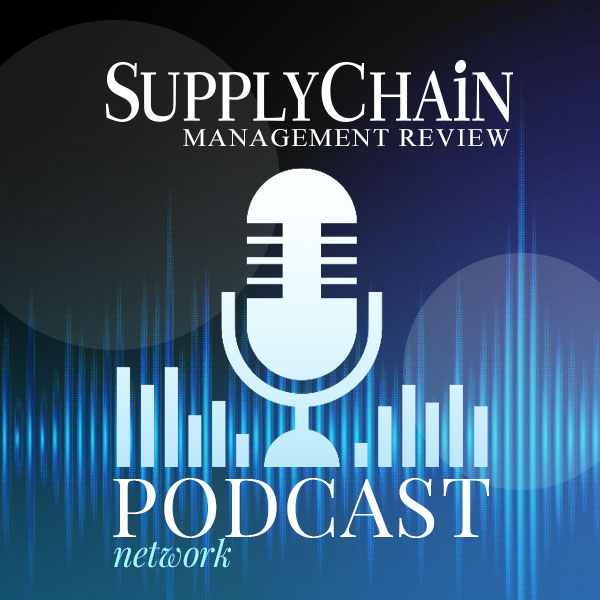Lots is written about the promise of technology in supply chains these days, yet technology also represents the greatest threat to supply chains. And it's changing the nature of our industry.
Supply chain management has long leveraged information and slick logistics for inventory strategies. The result has been amazing business efficiency and customer service levels unimagined a generation ago. This has resulted in part from leveraging technologies, but in greater part from viewing supply chains holistically, like a system.
Current technologies designed to integrate supply chains are projected to empower complete visibility throughout the system, propelling supply chain management into an era of super-integration that should alleviate most current concerns over transparency and efficiency that will lead to a new era of performance effectiveness.
Except it won't.
The current era of supply chain management focuses heavily on centralized control and leverages economies of scale for production, leveraging buying power, and making trade-offs between functions and between companies. Supply chain managers are very good at their profession, as demonstrated by the very low percentages of GDP spent on business logistics across most developed economies.
There are a lot of companies that could do more and need to modernize, yet the forthcoming generation of technology works against traditional supply chain management approaches. Clouds make data available to all, unlike modern ERP systems maintained by one or a few carefully vetted players. AI works best with cloud's “big data” sources, and blockchain also invites a lot of visibility and access (although it can also be used in private chains). We're already seeing incursions by hackers and small glitches that impact large numbers of customers, and the situation will become much worse as more companies come to depend on these technologies. Connecting physical sensors, 3D printers, drones, robots, and self-driving vehicles to these networks means that the dangers will have the potential to be physically dangerous.
Alphabet/Google, Walmart, and Amazon provide the best examples of the direction that the new “Fourth Industrial” technologies will take supply chain management. These companies have used their bargaining power to influence and often coerce suppliers and customers in order to accumulate rewards to unprecedented levels of industrial wealth concentration while avoiding the risks by pushing them onto less powerful players.
The next era of supply chain management will require regulatory changes to keep up with modern supply chains in order to protect them from large players and a new era of criminals that specialize in hacking these technologies. Social and regulatory institutions are the most important determinant of success for global supply chains, and they take years to develop. Supply chain managers who don't want to be passive witnesses should engage with their professional associations, chambers of commerce, and other stakeholders.
SC
MR

Latest Supply Chain News
- How S&OP provides the answer to in-demand products
- AI, virtual reality is bringing experiential learning into the modern age
- Humanoid robots’ place in an intralogistics smart robot strategy
- Tips for CIOs to overcome technology talent acquisition troubles
- There is still work to do to achieve supply chain stability
- More News
Latest Podcast

 Explore
Explore
The Academy News
- AI, virtual reality is bringing experiential learning into the modern age
- Predicting stockouts: Enhancing FMCG resilience through data-driven insights
- Finding the Right Approach for Supply Chain Education
- The Supply Chain Triad
- Innovating Supply Chain Higher Education with Generative AI
- How Smart Supply Chain Management Boosts Brand Identity
- More The Academy
Latest Academy Resources

Subscribe

Supply Chain Management Review delivers the best industry content.

Editors’ Picks





